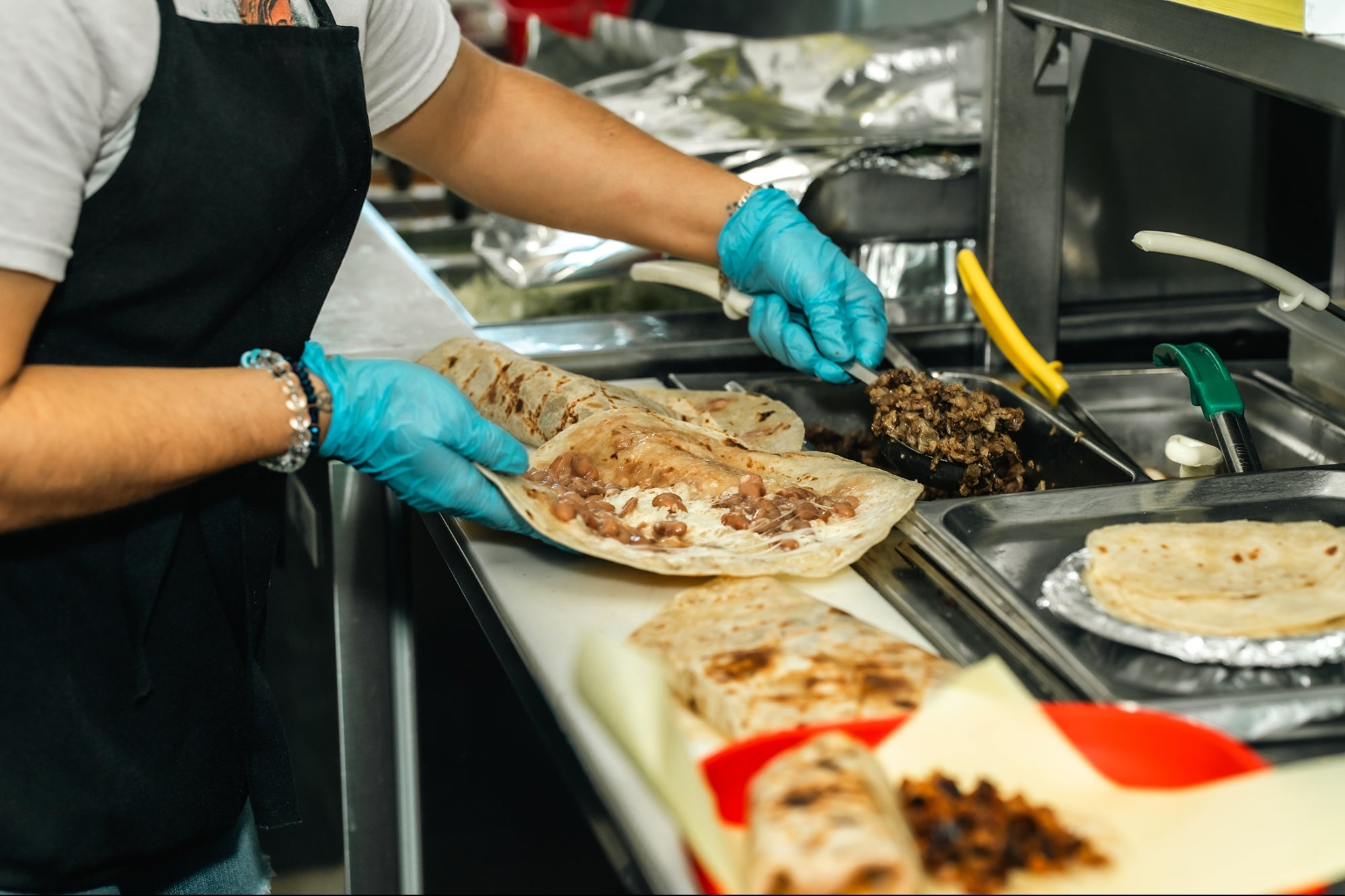Fast-Food Workers in California Now Earn a $20 Minimum Wage — Here’s How This Will Impact Franchising

In a controversial move that could set a new precedent for the fast-food industry, California has enacted new legislation that will raise the minimum wage for the majority of its fast-food workers to $20 per hour starting today. This significant wage hike, from the previous $16, has been heralded as a monumental step towards financial security for workers in a traditionally low-paying sector. However, the law now burdens business owners with additional labor costs and raises concerns about potential price increases in a state already grappling with a high cost of living.
The new law, a product of the state legislature’s efforts last year, was created in part to acknowledge that many of the fast-food workers in California are adults who rely on these jobs to support their families rather than teenagers earning pocket money.
The new law
The new Fast Food Franchisor Responsibility Act applies to fast-food restaurants across California characterized by specific criteria. To fall under this category, a restaurant must operate as a “limited-service restaurant,” where there is minimal to no table service, and customers typically order and pay for their food or beverages before consuming them. Restaurants operating inside a grocery establishment are exempt.
The wage increase represents a nuanced compromise between the fast-food industry and labor unions following nearly two years of negotiations marked by confidentiality agreements and strategic concessions. It reflects a significant shift in the landscape of labor rights and economic policy in California and could serve as a benchmark for other states contemplating similar measures.
Related: From Coding to Creole Cooking — Here Are 5 Inspiring Success Stories of Black-Owned Businesses
Overdue raise?
Proponents of the law argue this wage adjustment is overdue justice for workers, particularly those who played crucial roles during the pandemic by ensuring Americans had access to food. Raising the minimum wage on these historically low-paying positions, proponents say, will give more financial security to workers.
Advocates also claim that it will raise the overall living standards of fast-food workers, with many pointing out that the typical U.S. fast-food worker is not a teenager earning extra money, as in years past. More than 60% of fast-food workers are women, with an average age of 27.3, according to 2021 statistics from Data USA.
Related: Is Franchising Right For You? Ask Yourself These 9 Questions to Find Out.
Layoffs, higher prices
The business community has been vocal about the financial strain this wage increase will impose. Franchisees face daunting additional labor expenses, which will likely be offset by increased consumer prices, a reduced workforce or diminished hours — tactics already being adopted. Earlier this year, two major Pizza Hut franchisees in California laid off 1,200 delivery drivers in anticipation of the wage hike.
For entrepreneurs and business owners in the fast-food sector, this new law signals a time for strategic adaptation. Balancing the increased labor costs with the need to maintain competitive pricing will require innovation. Moreover, it underscores the importance of understanding and engaging with labor legislation and economic policies that directly impact the business environment in California and beyond.
Fast-food’s future
The industry’s response to the wage hike will likely accelerate a shift towards automation. With operational costs climbing, investing in technology like order-taking kiosks, such as the units Dunkin’ has recently installed in many stores, or culinary robots, such as Chipotle’s “Autocado,” becomes an increasingly attractive option for keeping labor costs down and maintaining profitability.
For entrepreneurs, the law could signal a broader trend of raising wages in the fast-food sector, necessitating strategic adjustments in operations and customer pricing strategies. As California navigates these changes, the rest of the nation — and especially the franchise community — will watch closely, pondering the balance between fair wages and sustainable business practices in the fast-food industry.
https://www.entrepreneur.com/franchises/how-californias-20-fast-food-minimum-wage-will-impact/471968